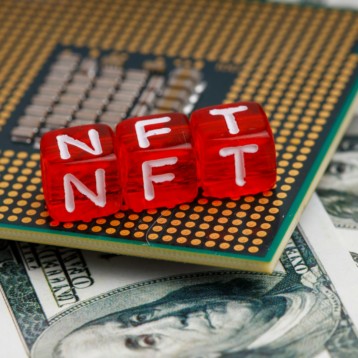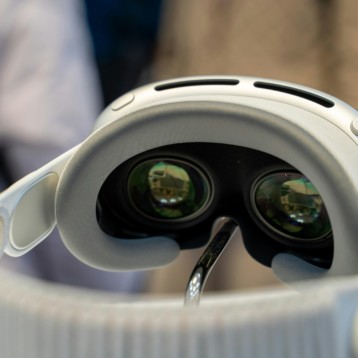
As with most of the world’s tech giants, Google registers hundreds of patents around the world each year for products they may never manufacture. One of their more recent registrations was for what the London Evening Standard describes as “a hi-tech neighborhood watch”, that would put residential streets in direct contact with their local police stations. This connection would be created through the use of smart security devices, with the patent itself explaining that “Notification of an emergency or event occurring in one home can trigger responses in other homes in the ‘neighborhood’.” These responses would involve granting access to neighbors via biometric data such as “facial and fingerprint recognition”.
The concept of an interconnected neighborhood seems unnerving at first glance, but it does give an insight into where technology could take home security in the future. Indeed, Amazon’s home security device Ring launched its own Neighbors app earlier this year, providing “real-time alerts…to communities…as well as by local law enforcement.”
But will leave our personal safety and home security in the hands of artificial intelligence be a poor decision in the long run? Here are some of the factors which could cut both ways with the technologically-driven Neighborhood Watch 2.0.
You Might Have To Do It Yourself, For Better Or Worse
According to the Standard’s report on the patent, Google’s Neighborhood Watch system will create a “multi-sensing” home, through “smart doorbells, door knobs, lights, locks, security webcams and even plug sockets”. However, as with similar smart home security devices currently on the market, installing these sensors is usually done by the homeowner themselves; whilst additional sensors will improve the detection of any intruders, these systems do not often require installation by security professionals.
This sets a potentially dangerous precedent for those looking to improve their home security, whether through smart or traditional means. As home security experts Banham note, rather than plump for DIY security system installation, hiring a professional engineer guarantees installation by someone who “will be able to make informed decisions on how and where your…equipment is installed [and be able to] spot security weaknesses in your property”. So if a connected neighbourhood system does become standard, it is still imperative to increase its security levels by requesting professional installation.
The Machines Will Be Watching
Traditional neighborhood watch schemes are as much about the neighborhood as the watching—the direct social interactions with those on your street to share information, and keep each other informed and safe. Google’s new patent does away with this, leaving artificial intelligence as the main provider of any emergency notifications to its users.
This impersonal approach is in keeping with other smart products which have been announced in the last 12 months or so. Amazon Key, for example, combines a smart lock with a security camera, sparing you the chore of having to be home to meet and greet your delivery person. Instead, they will be given a bespoke single-use access code to your smart lock, sending automated notifications when your door has been locked and unlocked, and your package has been delivered. A recent expansion of the service will now even deliver directly to the trunk of your car.
Whilst this level of technology has been welcomed in many corners, the idea of a machine slowly learning to recognise the patterns of your home life—including being able to discern between the movements of humans and pets—is as intrusive as it is impressive. But then again, maybe that’s just what home security is going to look like in the near future.
Are We Destined For Less Privacy In Our Home Security?
Currently, the predicted future of smart homes and home security products makes it seem like we’ll be sharing more personal information in return for greater security. From doorbells with facial recognition to sharing security camera videos, this is all data which, as Which? reports, can be (and has been) shared with corporate third parties. Interconnectivity may be convenient, but it is still in its nascent stages; until issues around privacy are fully addressed by the companies involved, it may be best to keep smart home security to a minimum. Ironically, it would be for our own protection.










